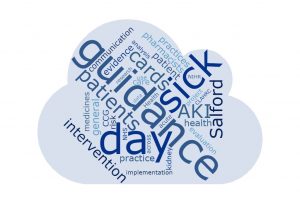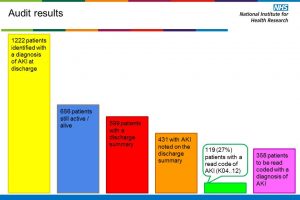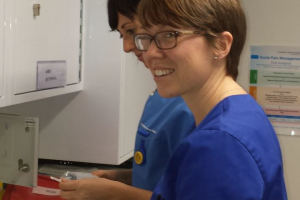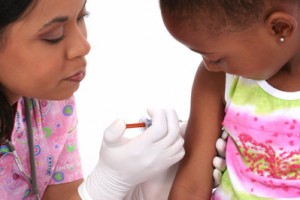Case studies
Medicines management, community psychiatric liaison and acute kidney injury
Share this on – Facebook / Twitter / Linked In


The impact of D&V and changes in medicine
Mr D is a 60 year old man who was admitted via ambulance from a cricket game where he had been watching a match. The weather had been unusually hot. His friends had been concerned about him throughout the afternoon as he seemed confused, shaky and unsteady on his feet. An ambulance was called after he collapsed. A Lithium alert card was found in his wallet.
Blood tests in A&E showed acute kidney injury. Plasma Lithium levels were 2.1mmol/L. His wife commented that he had bad “food poisoning” with diarrhoea and vomiting over the last few days, and she wondered whether his voice was slightly slurred. He was admitted to CCU and required a period of haemodialysis. He was stepped down to the medical ward where his physiological parameters continued to improve.
Mr D has a history of bipolar affective disorder, initially diagnosed when he was 21 years old. He has been stable on Lithium for around 25 years, with good concordance. His care has been managed by his GP for the last five years.
He has osteoarthritis of the knee and hip, but is otherwise medically well. He has Lithium blood tests every six months. These were due a month ago although he forgot about the appointment and did not get round to making another.
He takes Priadel 800mg OD, and Ibuprofen PRN for hip pain.
Who would the learning opportunities be relevant to?
- Core medical trainees managing patients with chronic mental health illnesses
- Junior doctors working in liaison and community psychiatry
- GPs
Key Learning Opportunities
- Recognition and management of Lithium toxicity
- Psychopharmacology in patients with recentacute kidney injury and renal impairment
From which Clinical Perspective?
- Liaison Psychiatry
Case studies


























